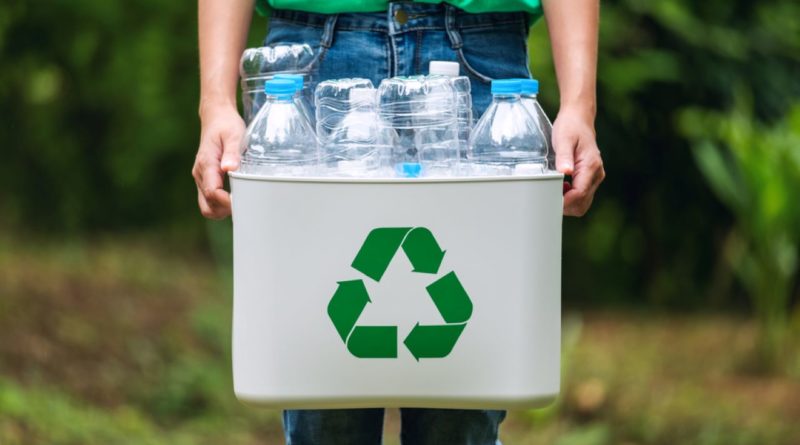Waste Management Courses: Learn About Waste Management
Considering a Waste Management Course?
If you would like to become a waste team leader or improve at your current role as a waste team leader, a waste management course may be an excellent choice for you. Most waste team leaders are trained in disciplines other than waste management, however, it is essential that they have undergone waste management training. After completing your waste management course, you will be able to successfully and confidently undertake waste management activities for departments and organisations. The good news is there are lots of waste management courses currently available.
What is Waste Management?
Waste management happens around us each day. It involves the removal, disposal and sorting of waste materials that have been discarded. The process is generally completed to reduce the effects of waste on the environment and health. It is also carried out to recover resources. The most crucial waste treatments are recycling, composting and sorting. Waste treatment options are generally controversial and large-scale waste infrastructure have generated strong opposition. Overall, the process of handling waste is much more complex than the provision of other environmental services such as wastewater and water management. The process of waste management may vary depending on the country or city you are in, however, there are some elements that do not change. Waste management is crucial because it helps in maintaining the cleanliness of the entire world. It needs to be practiced because the entire population’s protection and health depend on it. Waste management not only preserves the environment but also addresses the ever-important CO2 targets.
What Will I Learn?
You will learn about domestic waste in terms of what it is and its impact on the Earth’s environment. Students will also explore conservation and use of resources, value of resources in terms of economic, ecological and aesthetic and the damage being caused. The course will educate you on urbanisation, the impact of humans and sewage and its treatment. Characteristics of sewage, components of sewage, decomposition of sewage and the nitrogen cycle are also topics that will be explored. You will learn about storm water systems and management, dry rubbish, nature of refuse, placement and protection of bins and trade waste. Learners will explore refuse collection systems, refuse collection vehicles, salvage materials and safe disposal of household chemicals. Types of street refuse, methods of street cleaning, cleaning storm water pits and managing snow will be explored.
Students will learn about refuse disposal-separation, refuse for fertiliser, methods of refuse sorting, types of incinerators, vacuumn systems for refuse collection and harvesting energy from combustion. The course will teach you about the types of industrial pollution, the greenhouse effect, ozone depletion, nuclear power and nuclear fission. You will learn about mining nuclear fuel, uranium enrichment, gas diffusion, gas centrifuge and nuclear waste. Transporting nuclear waste, reprocessing, health risks of nuclear waste, industrial effluent and pricing control compared with direct control are also topics that will be explored. Students will learn about the scope of purification, managing water for public supply, water treatment methods, recycling sewage water and waste water. Recycling waste will be explored in terms of how to recycle various materials including plastics, metals, glass, paper and rubber and the scope and nature of recycling.
If you’re serious about doing a waste management course, check out courses near you in the Nightcourses.co.uk national course finder.




